Sophie Macintosh’s Blue Ticket is not classic feminist dystopia. Yes, it is concerned with legislated fertility, a world where women’s bodies are monitored like science projects by condescending medics.But the horror here is not impregnation but unwanted childlessness. Blue tickets, dispensed (randomly? It’s not clear) by a machine on a girl’s first bleed, decree a childless future; white tickets the opposite. Victims are not raped handmaids but sexually liberated working women, desperate to conceive and forbidden from doing so. Our narrator is Calla, a blue ticket, who grows increasingly dissatisfied with her lot, nurturing a ‘new and dark feeling’ inside herself. ‘I had never felt a baby’s leg in my hand, but my heart knew the sensation it was after.’
Calla brutally removes her forcibly implanted contraceptive device and, pregnant, skips town, heading for a familiar yet opaque land of shadily sketched ‘seasonal towns’ and hotels with ‘swirled paisley carpet giving way to square pale tiles’. Men see through her ‘white ticket act’ and assault her; women seem supportive, but are they? She meets Marisol, another renegade. In the background lurks the constant threat of discovery by ‘emissaries’.
It’s an intriguing premise. The madonna/whore dichotomy fed to women as freedom and fate. Liberation is an illusion, a patriarchal manipulation that uses women for sex and booze. Calla smokes and drinks ‘obediently’, but wonders what defect makes her unsuitable for motherhood. Unshackled from choice she struggles to find her true self:
Always I had taken pride in being alone and now all this, the soggy desire to be boxed in a house with people I was bound to. I tried to own this new desire the way I had owned others, but it was shameful to me.
The early chapters are best, thrumming with the feverish unknowability of puberty. ‘It was the year of overlapping adolescences, when the girls started to faint and grow tall.’ They rush eagerly towards their fate, while the reader looks on aghast. ‘I felt no great fidelity to the concept of free will. At 14 I had been awaiting the future for months.’ Macintosh, whose debut The Water Cure was longlisted for the Man Booker prize in 2018, writes with an ethereal lyricism that is equally capable of fragility and violence.
Yet Calla’s remoteness, despite her proclivity for the indulgent self-analysis of a teenage diary, left me cold. Her road-trip felt meandering, its point lost in a sea of exquisitely delivered self-examination. ‘How could I be a mother when even simple human emotions were beyond me?’ Calla asks. Though I loved the question, I never felt that she quite gave me an answer, the story remaining frustratingly shapeless despite a shocking eleventh hour twist.
Got something to add? Join the discussion and comment below.
Get 10 issues for just $10
Subscribe to The Spectator Australia today for the next 10 magazine issues, plus full online access, for just $10.
You might disagree with half of it, but you’ll enjoy reading all of it. Try your first month for free, then just $2 a week for the remainder of your first year.

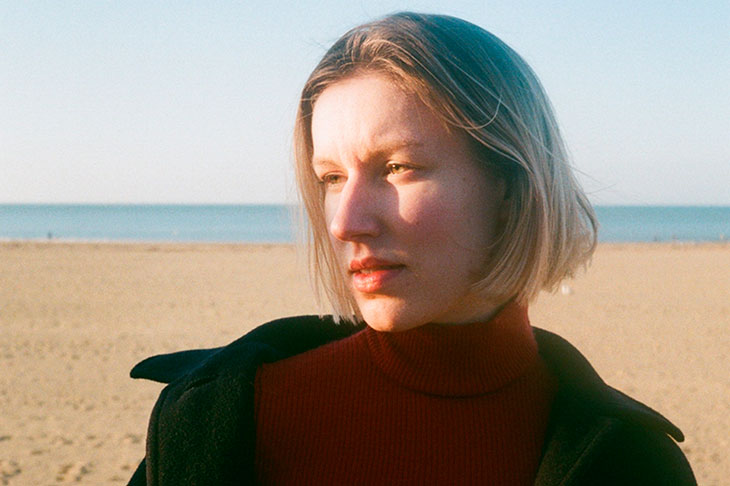
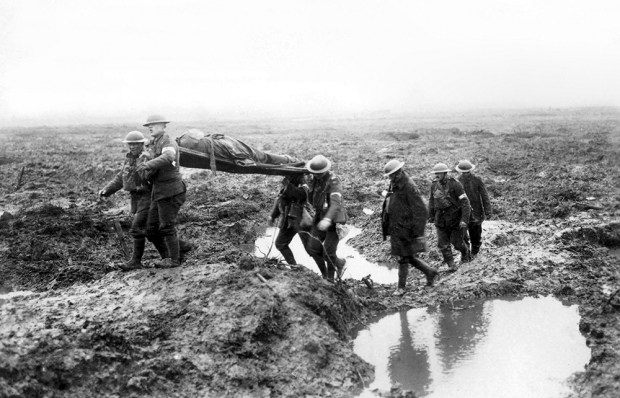


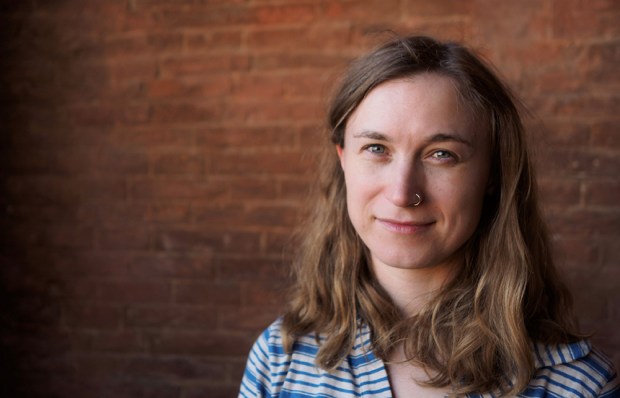
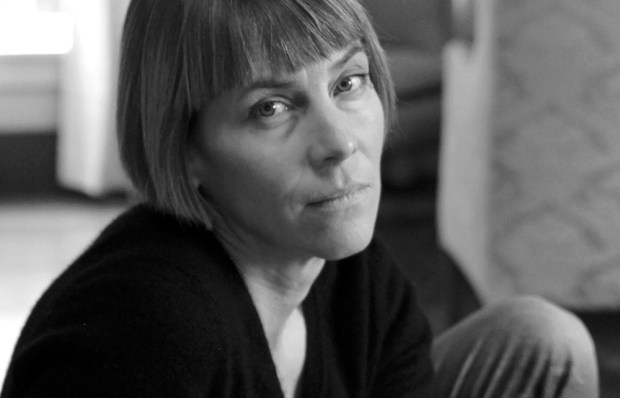
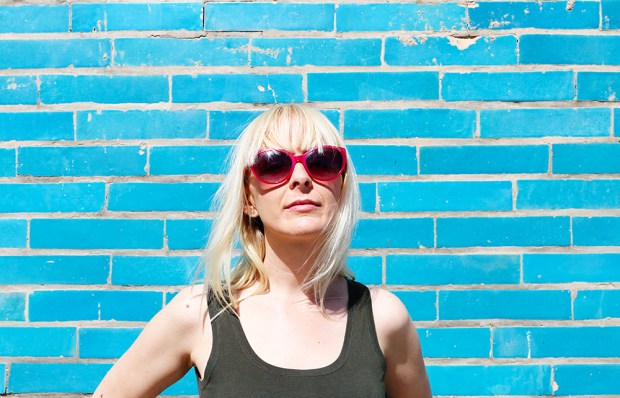






Comments
Don't miss out
Join the conversation with other Spectator Australia readers. Subscribe to leave a comment.
SUBSCRIBEAlready a subscriber? Log in